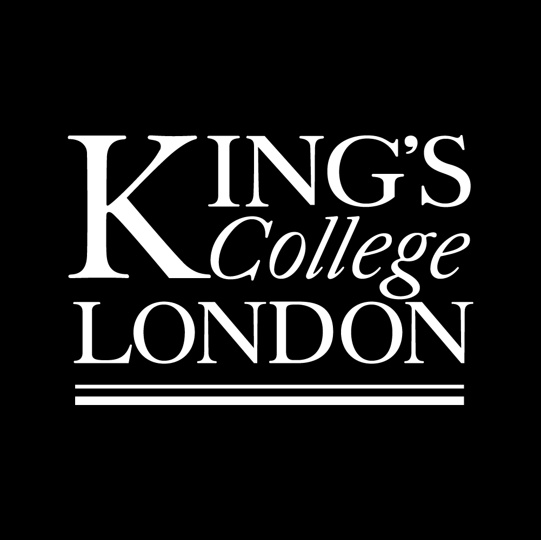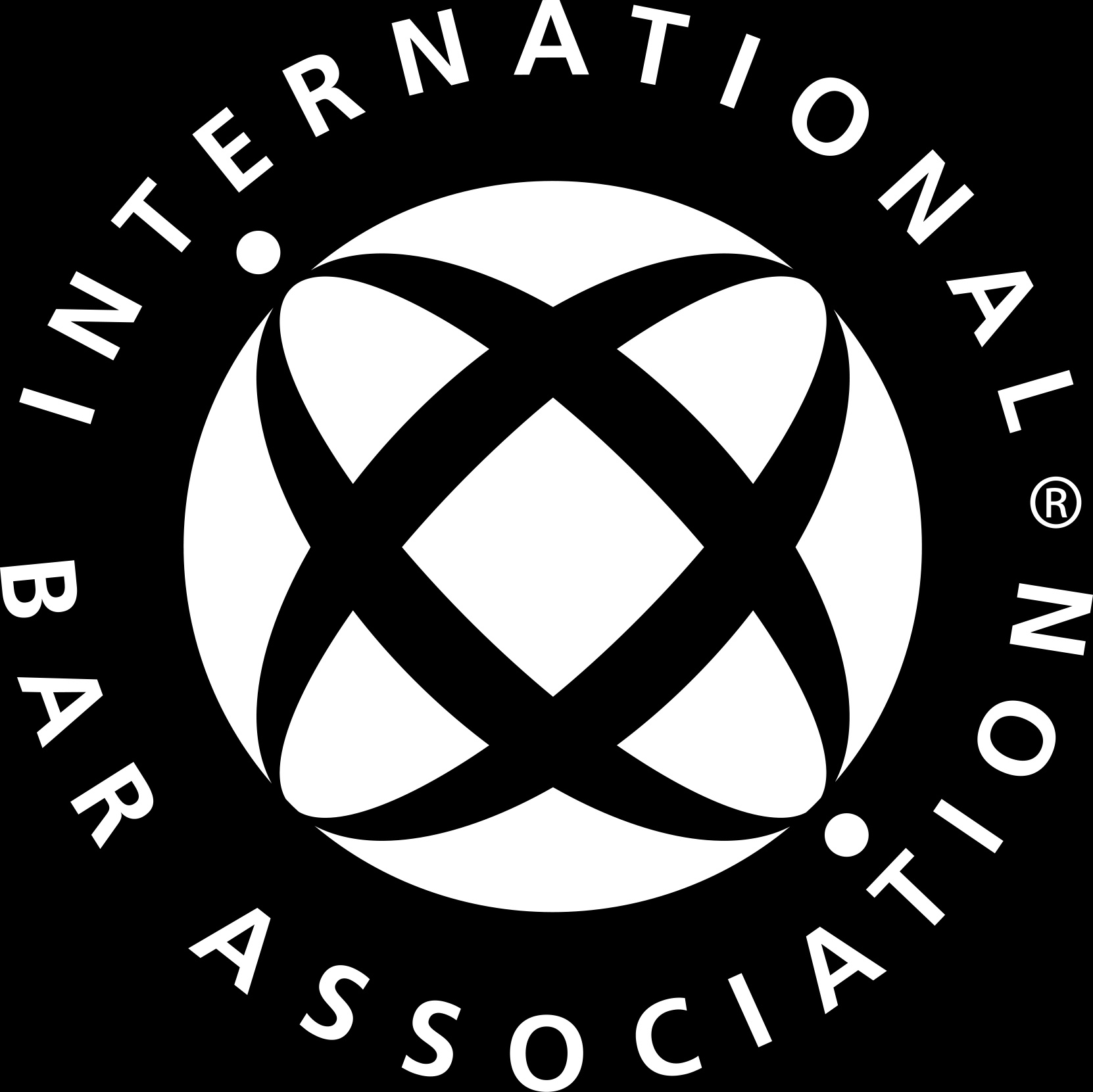The IBA Legal Practice Program is made up of 4 modules. Each module contains nine units and each unit takes approximately 10-15 hours to complete over a period of 2.5 weeks.
MODULE 1: INTERNATIONAL BUSINESS
This module is offered by FGV Sao Paulo Law School and includes the following content:
- Megatrends, Geopolitics & Society: Examining how global trends and geopolitical environments influence international business strategies.
- New World, New International Business Models: Identifying and analyzing emerging business models that are reshaping global markets.
- Business & Technology: Exploring the integration of technological innovations in business strategies and operations.
MODULE 2: INTERNATIONAL LEGAL PRACTICE
This module is offered by King´s College London and includes the following content:
- Drafting: Training in drafting and reviewing contentious clauses in international sales contracts, introduction to process mapping and smart contracts.
- Professional Ethics: Exploring the core ethical principles lawyers must uphold, examining ethical dilemmas, and discussing the tension between professional duties and moral accountability.
- Psychology for Lawyers: Examining cognitive biases affecting decision-making, and key psychological concepts relevant to managing workplace behaviors and stress.
- Data for Legal Practice: Exploring the role of machine learning and structured data in legal practice.
- Reflective Practice: Discussing the importance of reflection for lifelong learning and practical application in a busy legal career.
- Interviewing and Listening: Understanding key principles of effective interviewing and advising, focusing on structuring interviews and practicing listening and questioning skills.
- Crossing Cultural Boundaries: Developing skills for effective management of cultural diversity in legal contexts, enhancing cross-cultural communication, and fostering empathy and collaboration with international clients.
MODULE 3: INTERNATIONAL BUSINESS LAW
This module is offered by IE Law School and includes the following content:
This module addresses the complexities of international business law with a focus on corporate law and M&A. Participants will explore the challenges of advising across different jurisdictions and develop tools to manage these challenges effectively.
- The Challenges of International Business Legal Practice: Introducing the challenges faced by international practitioners, with a focus on overcoming local legal biases through comparative law and diagnostic tools.
- International Corporate Law: Analyzing corporate law differences that affect international transactions and strategies for overcoming these challenges.
- M&A and Transactions: Delving into the planning and execution of international transactions, with a focus on overcoming local biases and coordination challenges.
- Compliance: Understanding the importance of implementing effective compliance measures in international operations.
- International Finance: Discussing international financing tools frequently used to finance transactions and investments.
MODULE 4: INTERNATIONAL DISPUTES RESOLUTION
This module is offered by IE Law School and includes the following content:
This module explores the variety of mechanisms available for resolving disputes on an international scale, including litigation, arbitration, and mediation.
- International Criminal Law: Defining international criminal law, tracing its historical origins, and examining its development through the jurisprudence of international tribunals. The lecture presents an overview of the substantial and procedural framework of international criminal justice and its relationship with international peace and security, the relationship between the UN Security Council and the ICC.
- International Commercial Litigation: Understanding jurisdictional issues, recognition and enforcement of foreign judgments, and the role of international courts.
- Alternative Dispute Resolution Mechanisms: Understanding the importance of negotiation, mediation, and arbitration in resolving business disputes internationally.
WANT TO KNOW MORE?
Frequently Asked Questions
Frequently Asked Questions
What are the main topics covered in IE Law School's International Contracts Program?
The main topics are international business, international legal practice, international business law and international disputes resolution.
How are the classes structured in IE Law School's International Contracts Program
Classes are structured into modules with live online sessions. The sessions are recorded and can be viewed later.
What teaching methodologies are used in IE Law School's International Contracts Program?
The program uses lectures, case studies, practical exercises, group work, and discussions with experts, including IE's Liquid Learning methodology.




